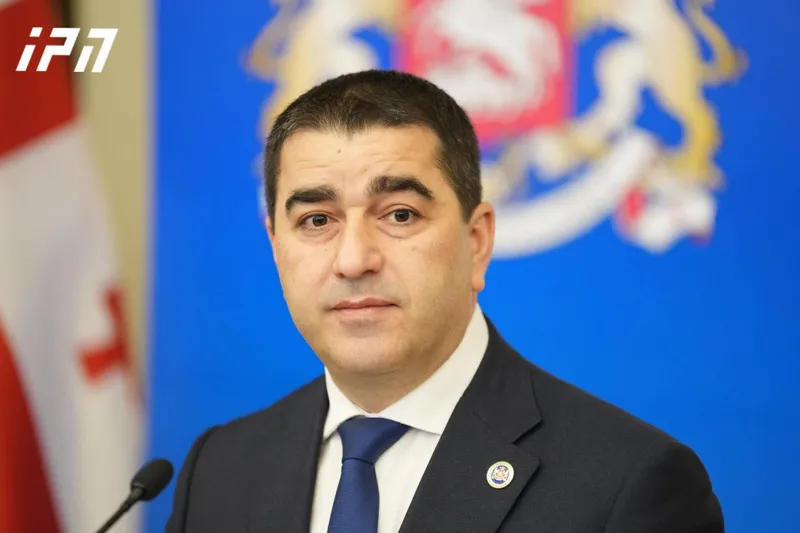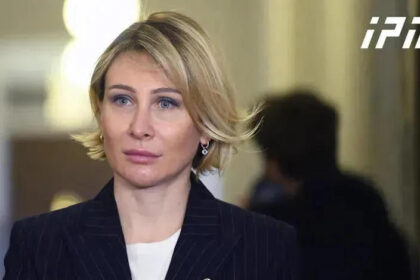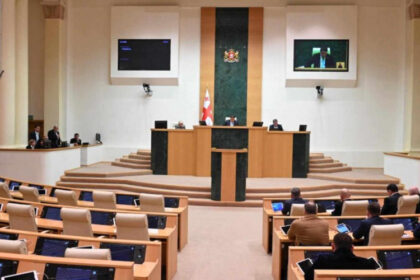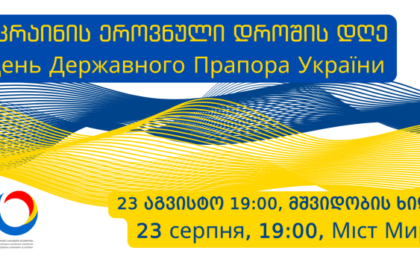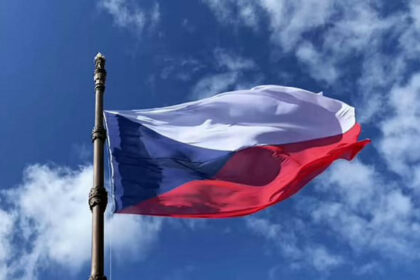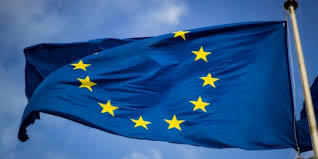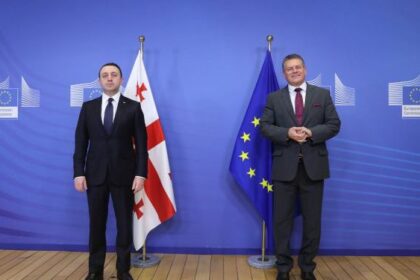**EU Delegation’s Silence on WWII Anniversary Sparks Controversy in Georgia**
In a surprising move, the EU Delegation in Georgia chose not to acknowledge the 80th anniversary of the victory over fascism during their celebration of Europe Day. This decision has sparked controversy and criticism from the Georgian government and society.
According to Chairman of the Parliament of Georgia, Shalva Papuashvili, this oversight is particularly regrettable given the significant role that Georgia played in defeating Nazism during World War II. He noted on social media that “without 300,000 Georgian heroes fallen on the battlefield,” Europe would not be what it is today.
**The Significance of May 9th**
May 9th marks a crucial date in European history, as it commemorates the victory over fascism and the end of World War II. This anniversary is significant not only for Georgia but also for other countries that fought against Nazi occupation. By choosing to celebrate Europe Day without acknowledging this important milestone, the EU Delegation has sparked concerns about its sensitivity towards Georgian and European history.
**The Importance of Shared Memory**
Papuashvili emphasized that shared memory is what makes our continent a civilization. He argued that true Europe lies in honoring the past and recognizing the sacrifices made by nations like Georgia during World War II. This perspective highlights the importance of acknowledging the historical context of European integration and the role that various countries have played in shaping the continent’s history.
**Implications for EU-Georgia Relations**
The controversy surrounding the EU Delegation’s decision may have implications for EU-Georgia relations, which are already complex due to Georgia’s ongoing bid for membership. The Georgian government may view this oversight as a sign of insensitivity towards its people and their history, potentially straining ties between the two sides.
As Papuashvili noted, commemorating Europe Day and Victory over Fascism should not be seen as mutually exclusive events. Rather, it is essential to recognize that the defeat of fascism made today’s Europe possible. By acknowledging this shared history, EU countries can foster greater understanding and cooperation among themselves and with other nations like Georgia.
Read More @ www.interpressnews.ge




